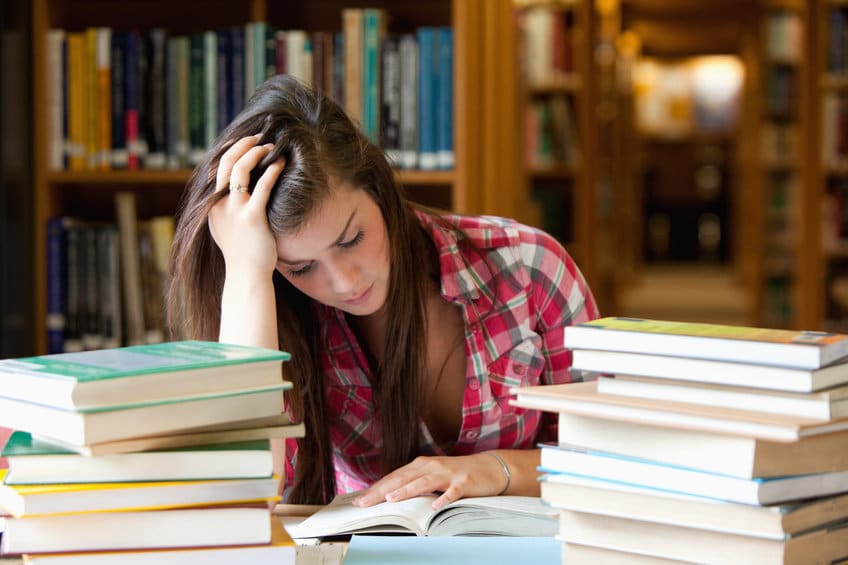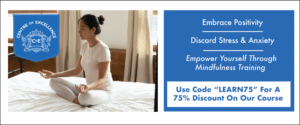By John Salak –
College for many students is an absolute blast. Sure, social and academic pressures abound, but it ranks as one of the high points of a lot of lives.
Things changed under the pandemic though. Students found their lives and mental state upended for the worse under the curtailed conditions. Universities now are returning to more normal operations as the fall semester approaches. Unfortunately, many students may still be knocked off center by the anxiety carry over from last year and the painful possibility that the new covid variants poking around may result in new restrictions.
As a quick reminder, colleges and universities were forced last year to pull back social and academic activities to protect students in what might otherwise be highly contagious environments. In-person classes were scaled down or shut entirely in favor of online learning. Dorms were thinned out and, of course, sporting events, parties, concerts and all big gatherings were cancelled.
This all made for a dreary, frustrating and anxiety-generating existence for many students. It also led to an increase in cannabis and alcohol use by students, at least according to the Journal of Psychiatric Research.
The Journal reported that the locked-down wasn’t just frustrating, it made them angry, which resulted in widespread insomnia. In conjunction with this, alcohol and cannabis use substantially increased. Alcohol consumption rose by 13 percent, while cannabis use jumped 24 percent.
Ohio State University also signaled that students arriving on campuses later this month may still suffer from covid-related burnout, which could encourage many to continue the unhealthy coping mechanism they picked up last year. These included, among others, the increased use of alcohol and tabaco as well as poor eating habits.
The pandemic’s impact on students was brought to light for Ohio State officials by a university survey that discovered burnout on campus rose from 40 percent of students at the start of the 2020 academic year to more than 70 percent at year’s end. Anxiety and depression also rose significantly during this period.
Making matter worse, while unhealthy coping mechanism rose, positive ways to treat stress and anxiety, like physical activity, declined from 35 percent of students to 28 percent.
Ohio State, among other universities, is trying to pre-empt the downward spiral for students through a combination of factors, including incorporating safe but less obtrusive covid protection methods on campus.
Schools are also working to encourage positive coping mechanisms among their student bodies.
Ohio State, for example, is instituting a Five To Thrive checklist designed to help students promote and protect their mental health and well-being. The checklist includes reducing stress through better planning, more physical activity and improved eating habits; building in stronger resiliency skills like deep breathing and mindfulness; identifying on-campus mental health support facilities; growing personal support systems by developing new friends and becoming active with campus activities; and being proactive if help is needed.
Canadian provincial governments and educators have also gotten involved to help college students cope more effectively when returning to campus. Recommendations include encouraging faculties to maintain a positive educational experience whether online or in person; encouraging more government support for on campus mental health and wellness facilities; and calling on improved coordination between administrations, educators and governments to more effectively deal with related issues.
Parents, not surprisingly, also need to be involved.
“Parents can help college students cope with stressors associated with the new school year by opening up conversations with their kids about well-being during this time,” explained Naomi Torres-Mackie, PhD, a psychologist at Lenox Hill Hospital in New York.
“Just knowing that your parent is there for your emotional needs can mean a lot.”








